Am I too old to stay in hostels?
I felt it the moment I woke up that day in my cozy dorm bed in a hostel in Copenhagen; it was going to be a perfect day. The previous days’ cloudy skies had disappeared, and warm sunshine flooded in through the open window. “Good morning,” my Spanish roommate greeted me from the bed across from me, tying the laces on her fuchsia sneakers. Then with a quick wave, she was gone. I stretched my arms and yawned lazily before getting up. Alone in the dorm, I peeked into the oval mirror on the wall and began to pull my hair up into a ponytail. That was when I saw it. A silvery white strand of hair, bright as sunshine, which stood out among my mass of dark brown curls. Before I could fully register its presence, I spotted another one sticking out from behind my ears. Upon further investigation, after parting my hair frantically to the opposite side, I found a whole bunch of greys looking at me slyly.
I was 32, and I expected to see them, maybe, in a few years. But on that perfect summer morning in Copenhagen, there they were already, without warning—my very first strands of grey hair. No, the irony of discovering them while staying in a hostel wasn’t lost on me. In fact, I spent the rest of the day seriously pondering over the question, “Am I too old for hostels?”
It’s no secret that all the media we consume about travel affects what we think it should look like when we actually head out there. If our reality doesn’t look like what Instagram has taught us to expect, we assume we’re doing it wrong.
In particular, the notion that hostels are meant for young, backpacking, party-happy travellers evokes a certain presumed label of loserdom on older travellers who might ask for the noise to be kept down and the lights to be turned off at 10 pm. At 32, I was often the oldest person in my dorm. Was I a loser?
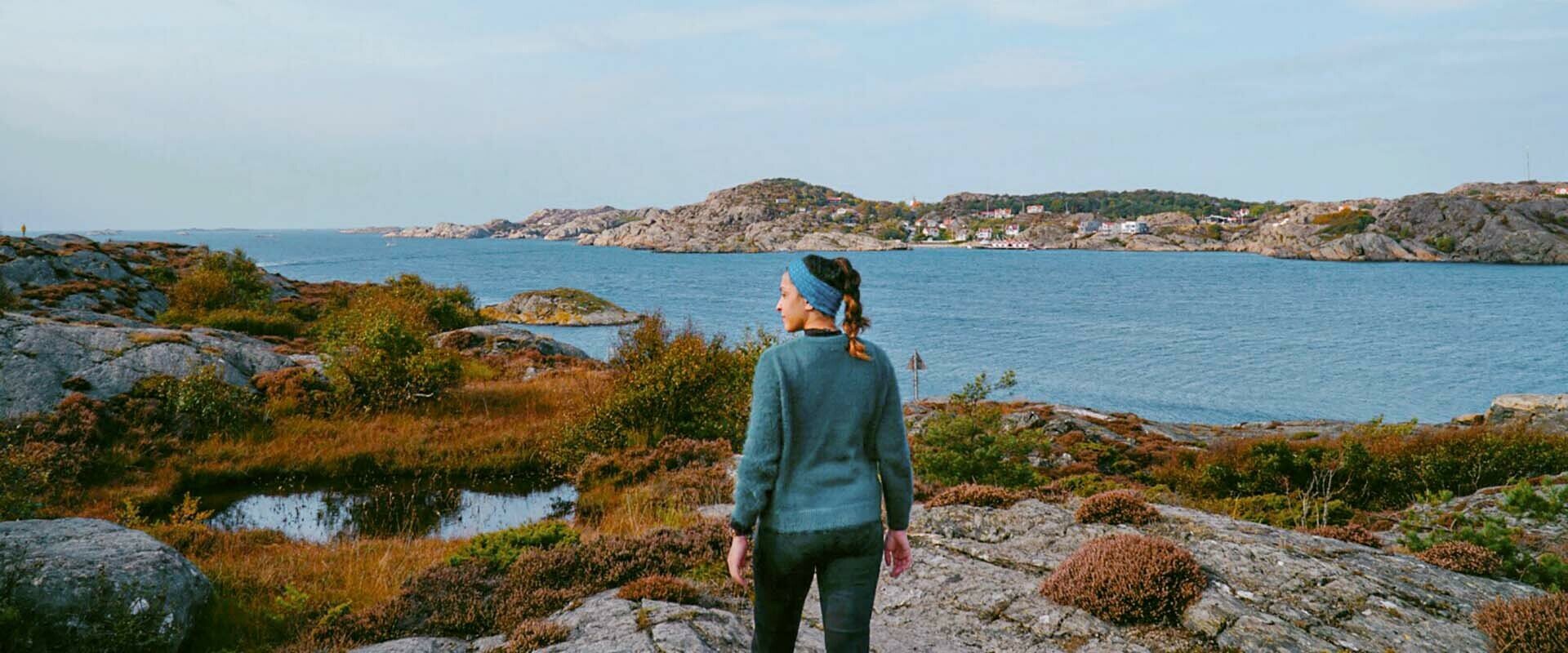
When you think of a backpacker or adventure traveller, what’s the first image that comes to mind? What race, age and gender do you visualize? Reflecting upon these details and questioning why they’re the ones that come to mind reveals our internal biases, and the labels we use to make sense of the world, even if they came about unintentionally.
I’m willing to bet that the image most people associate with an adventure traveller is not that of a middle-aged woman rock climbing, her wild grey wavy hair gathered into a ponytail. When you think of a backpacker, it’s unlikely that they’re thinking of a man with a head full of white hair and wrinkled skin, pack strapped to his back. Similarly, most people associate hostels with young travellers, not families or retirees.
I suppose I was guilty of these biases, too, only I was making these judgements about myself. I started to deliberately take note of the travellers I met who didn’t fit the stereotypical backpacker demographic.
On a group walking trip in Barcelona, I watched with irritation as the 20-something tour guide completely ignored a 45-year-old woman. The only person on the tour not in her 20s, she was a chef who was full of questions about the cheeses, olives and other goods in the food market, but she scrambled to catch up to him while he paid her no attention, engaging in small talk with the other guests instead.
Is this the kind of treatment I might start to expect as I my greys get more prominent? As a woman who now travels solo in my mid-thirties, I’ve come to learn that people love to give me unsolicited advice, make (incorrect) assumptions about my fitness or travel savvy, or worse, on group trips with other younger travellers, simply pretend I’m not there. I’m not sure if my confidence and my unfazed, unapologetic presence in spaces where I’m not in the majority demographic of 20-something travellers is confusing or unnerving to some people.
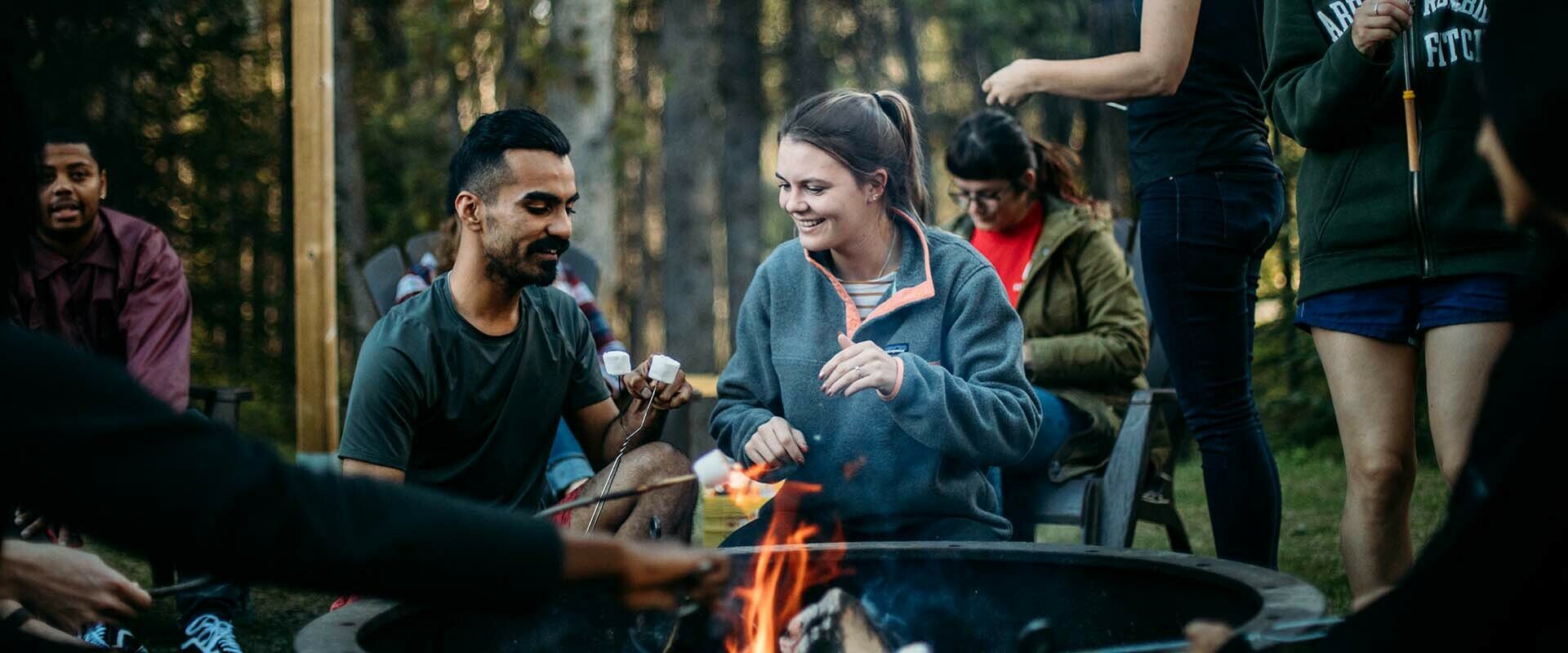
I’ve never really been the stereotypical backpacker. When I began staying in hostels in my mid-20s, I was often asked if I liked the constant partying and pub crawls. People assumed that since I stayed in hostels, I must be an extrovert who enjoyed going out every night, when in fact, I’ve always been an introvert, and haven’t been on a single pub crawl in all my years of hostelling. I often had roommates, also in their 20s, who, like me, preferred curling up in bed with a book over going out clubbing.
My preference for a quiet evening in or a laid-back drink in a hostel bar over a night of dancing hasn't evolved as I've grown older; it's always been what I’ve enjoyed more. Coming to terms with that early on meant that I never felt awkward about it or like I was missing out on something.
When you connect with someone over shared interests, the age difference, if any, becomes irrelevant.
While working remotely in Sweden, I stayed at a lovely hostel in Stockholm for three weeks. There was a beautiful rose garden to work in, two kitchens where I could cook my meals and female dorms, which was a priority for me. On my third evening in a four-bed dorm, Karin walked in with a carry-on-sized backpack. “Hej,” she greeted me with a smile and kind eyes beneath wispy grey bangs.
Probably in her early 60s, Karin had just arrived from Gothenburg to spend a few days with her grandchildren in Stockholm, before flying to Italy. Like many times before, she’d chosen to stay at that particular hostel for the same reasons that made me fall in love with it—great location, many common areas, two kitchens and a garden.
We were roommates for the next week, often cooking our dinners in the kitchen together, while she told me where to go in the Stockholm Archipelago. She was an expert in packing light and was full of savvy travel tips. Sharing a dorm with Karin was no different from sharing it with someone my own age, or younger. I appreciated her company and realized that when you connect with someone over shared interests, the age difference, if any, becomes irrelevant.
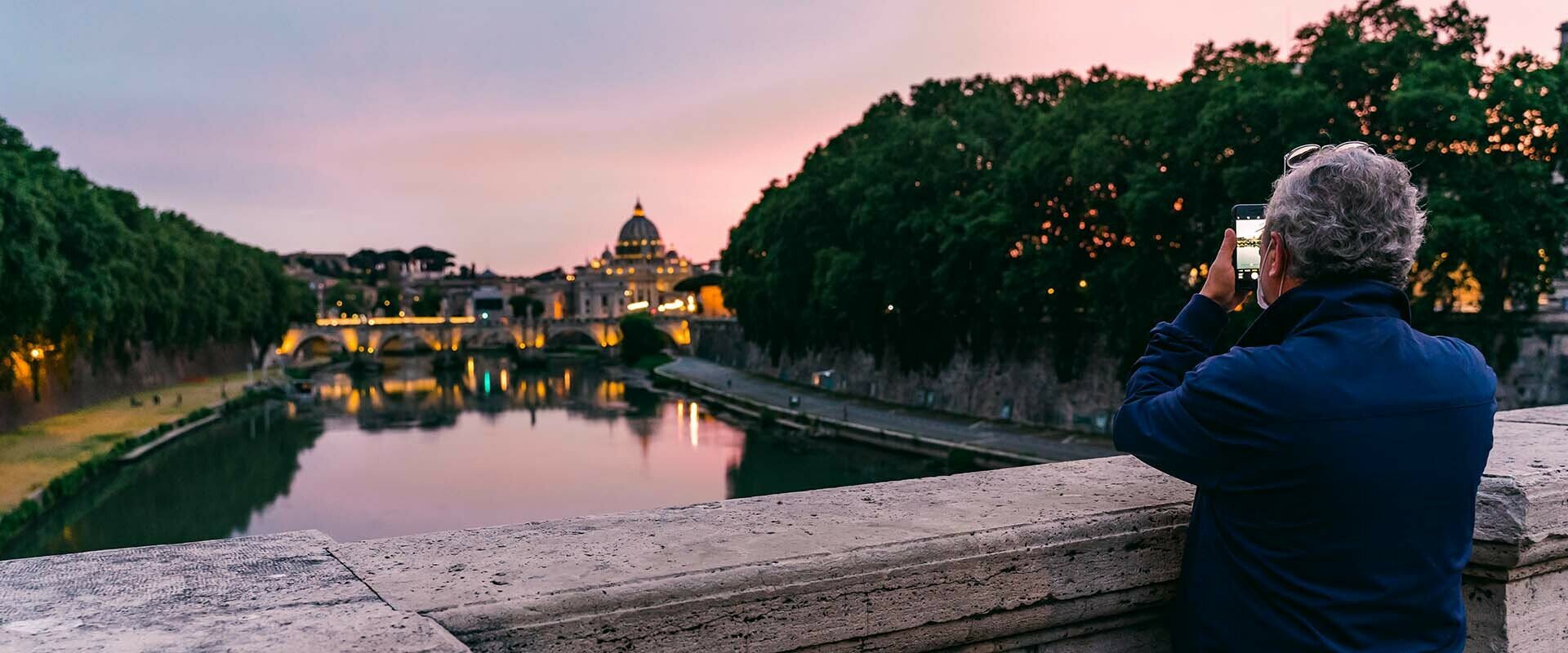
Society loves to hold age like a sword over our heads. There’s a whole bunch of things you’re supposed to have achieved by a certain age—a spouse, children, your own house, a high-paying job, investments, and the list seems to go on and on. Our sense of self-worth can easily start to hinge on society’s never-ending checklist of achievements, whether or not those things make us happy.
We’re also told that there’s a whole bunch of things you’re not supposed to do after you turn a certain age. Don’t wear colours that are too bright or attractive or patterns that are too bold (a widely held belief in many Indian families). Don’t wear your hair too long (no one wants to see the greys) or too short (it makes you look older). Don’t stay in hostels (it makes you look broke/strange/lonely). But if your preferences don’t change with age, why should your personal choices?
I’ve been happily married for over seven years, and I continue to travel solo and stay in hostels, simply because I like to. “But don’t you feel out of place in hostels?” “Doesn’t your husband mind?” and “How come you want to stay in hostels as a married 34-year-old?” are the kind of questions I get from both friends and strangers, as if hostels were only meant for young people looking to hook up. I sense that there's a huge disconnect between how people see me as a 34-year-old married woman, and how I continue to see myself.
It’s hard for me to explain that I am essentially still the same person who started travelling in her mid-20s and loved staying in hostels, and that my age and marital status have not changed how I see myself or the reasons why I love hostels. And they certainly haven’t given my husband ownership of me or made him want to change who I am, just to suit society’s expectations.
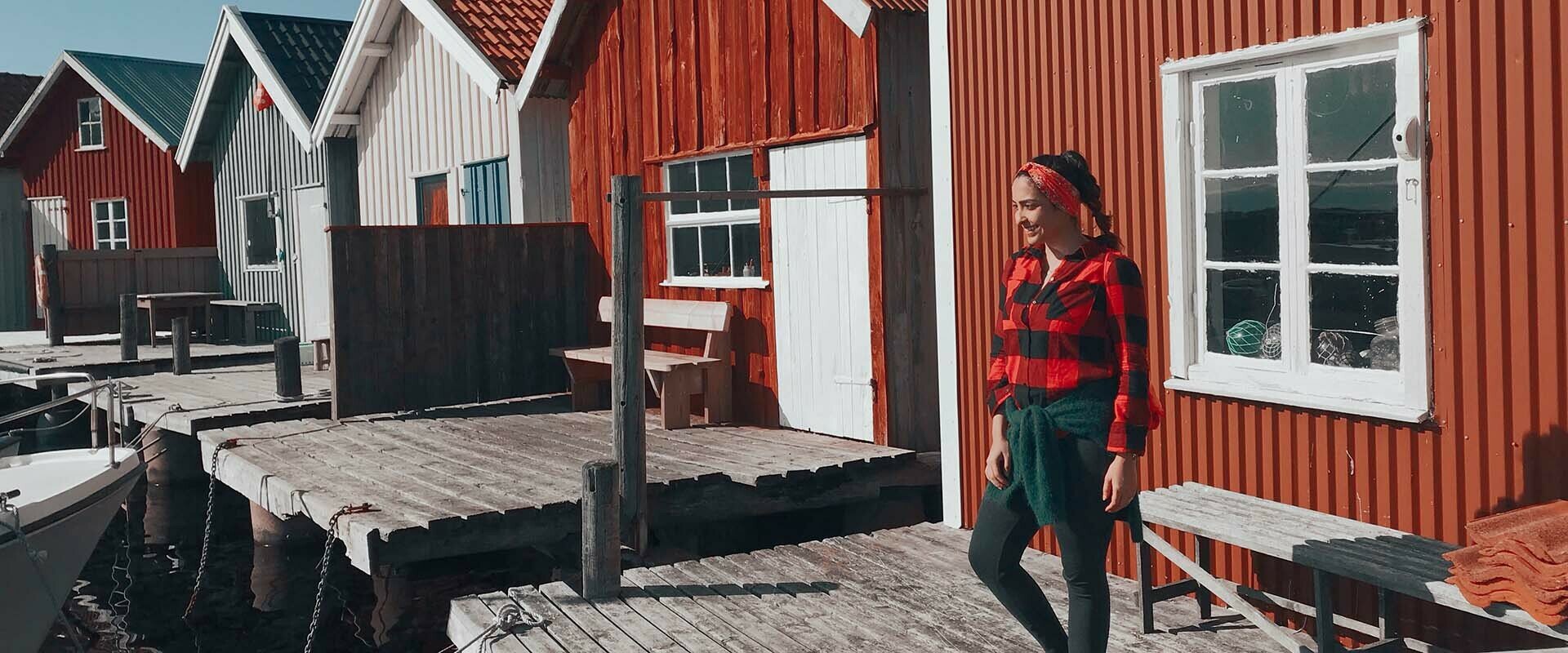
I’ll admit that when I first started travelling at 24, I was always on a budget. So, I was grateful for hostels as an affordable accommodation option that made it possible for me to see the world. But soon, I grew to love them for more than that.
In the best hostels, I've found a sense of community, met inspiring people, had serendipitous conversations, felt safe and looked after and found home away from home while working remotely. These days, I’ll often choose a private room in a hostel over an apartment or hotel room, even when they’re similarly priced.
While I love travelling alone, staying in hostels means that I'm never lonely, even when I’ll be spending weeks or months on the road. For introverts like me, there’s a very fine line between enjoying the company of other people and feeling completely drained of energy from too many conversations. Hostels offer the perfect balance. When I crave company, I can easily find it, whether it’s over a bottle of wine with a fellow traveller in the hostel bar or while cooking spaghetti Bolognese in the kitchen. When I need to be alone so I can recharge my energy, I can retreat to my bunk or a quiet spot.
Then there are the practical aspects of hostels, like access to kitchens and washing machines, which work for solo travellers like me, whatever our age. When I’m on a long trip, the novelty of eating out wears off after a week and both dining and laundry bills quickly add up. In expensive cities like Milan, I realized that there was no way I could stick to my travel budget if I ate out every day. So, I was grateful to be able to cook dinner in the hostel kitchen and do my laundry at a reasonable price.
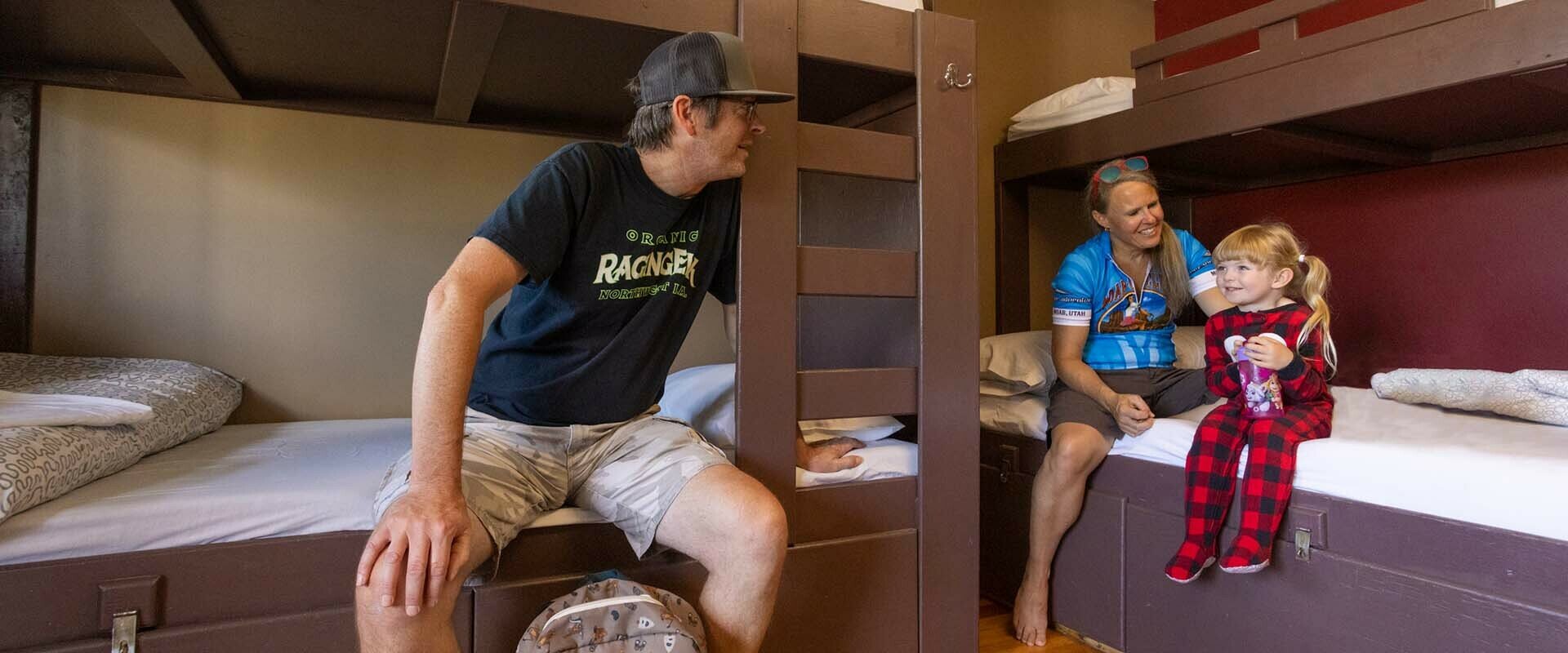
It was in the Nordics that I first came across families staying in hostels—an experience that made me realize that no one is ever too old to stay in them. While travelling around Sweden and Iceland, I learnt that it was normal for local families and even travellers over 40, visiting from other cities, to stay in hostels.
In the best hostels, I've found a sense of community, met inspiring people, had serendipitous conversations, felt safe and looked after and found home away from home
In Copenhagen, I shared my dorm with Katie and Eva, a lively mother-daughter duo who were visiting from the Netherlands. Over a meal together in the hostel’s dining room, 30-year-old Katie and her 55-year-old mother Eva told me that they were travelling together, two years after Eva’s divorce. She had always wanted to travel when she was younger, but life got in the way. They’d decided to take this trip together to encourage Eva to travel more often during this new phase in her life.
At a hostel in Mestia, a mountain town in Georgia’s Svaneti region, I met Sarah, a 35-year-old single mom travelling with her 2-year-old son Isaac, who quickly won the affections of all the other guests. With him snug in a carrier strapped to her back, she confided, “People always told me I would never be able to go backpacking once I had him. But I knew we could see the world together and it would be even more beautiful.” Then, with a smile, she set off on a snowy trail to hike to a nearby village, with Isaac humming along happily.
The experience freed me of my own preconceived notions about what is and isn’t possible for mothers travelling with toddlers or young children. That evening, Sarah, Isaac and I enjoyed a leisurely dinner with Mark, a 42-year-old backpacker from Norway who was also staying at the hostel. Despite having vastly different backgrounds and coming from cultures that were nothing alike, we got along wonderfully.
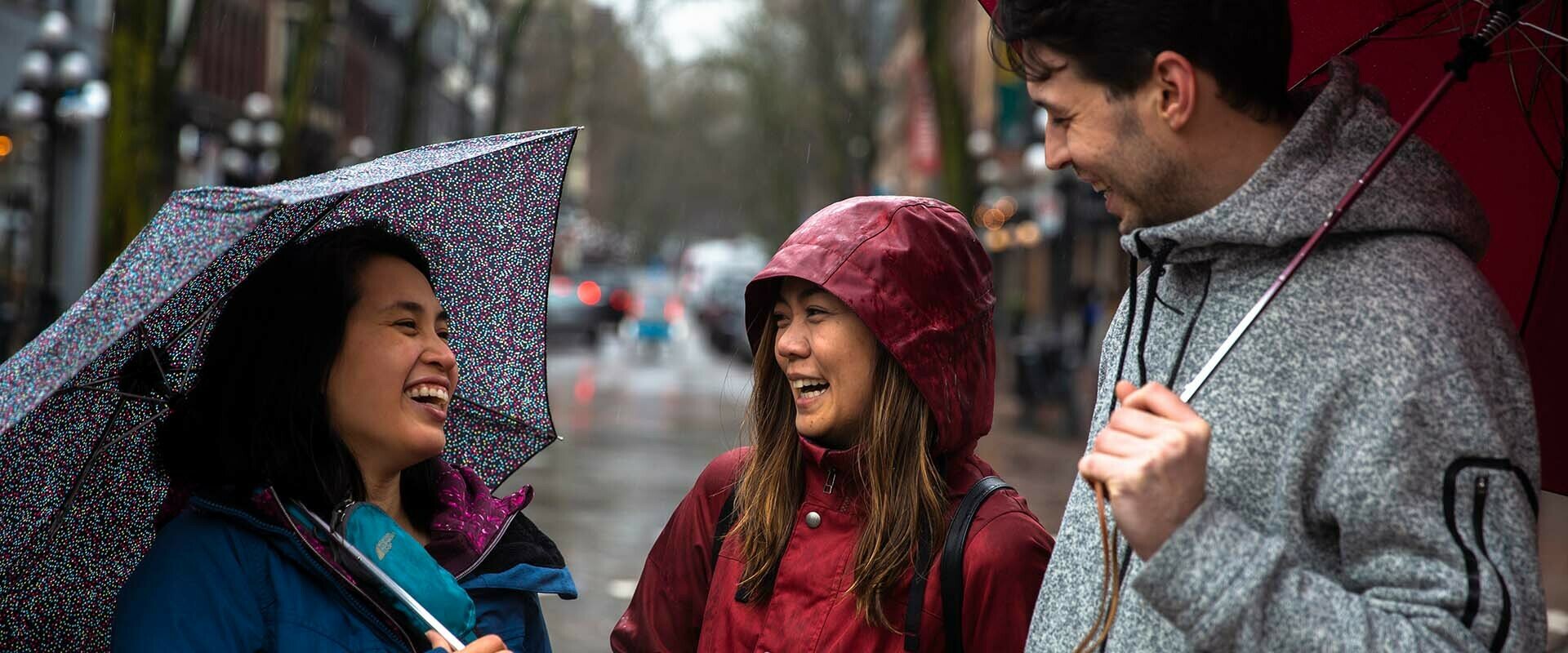
Staying in hostels has taught me that diversity in travel, in ways more than one, only enriches our experiences as travellers.
Through meeting fellow travellers of different races, nationalities and cultures, I feel truly fortunate to have learned things about the world that even the best education systems could not have taught me. These lessons are an ongoing study that I'm not willing to give up anytime soon, even if I'm now much older than when I first started hostelling a decade ago.
Despite feeling the occasional wave of pressure to believe I’ve aged out of hostelling, in reality I've never the tiniest bit of shame while flaunting my greys for all to see. Whether I’ve been surrounded by teenagers in the common rooms of hostels, drinking beers in hostel bars full of 20-somethings or on group trips with other backpackers, many years younger than me, I simply refuse to believe that hitting a certain age suddenly makes it wrong or strange for me to continue to enjoy staying in hostels.
One of the most eye-opening things I’ve learned through travel is that such a binary way of navigating the world and understanding our place in it is incredibly limiting. In fact, it’s the exact opposite of what travel is supposed to do—broaden our horizons.
Through meeting people of all ages in hostels, I've learned that you're never too young or too old to live life to the fullest, and that your own perception of yourself at any age is much more important than society’s perception of you. For now, I’ll continue to stay in hostels for as long as I enjoy them, grey hair and all.
Issue 5



